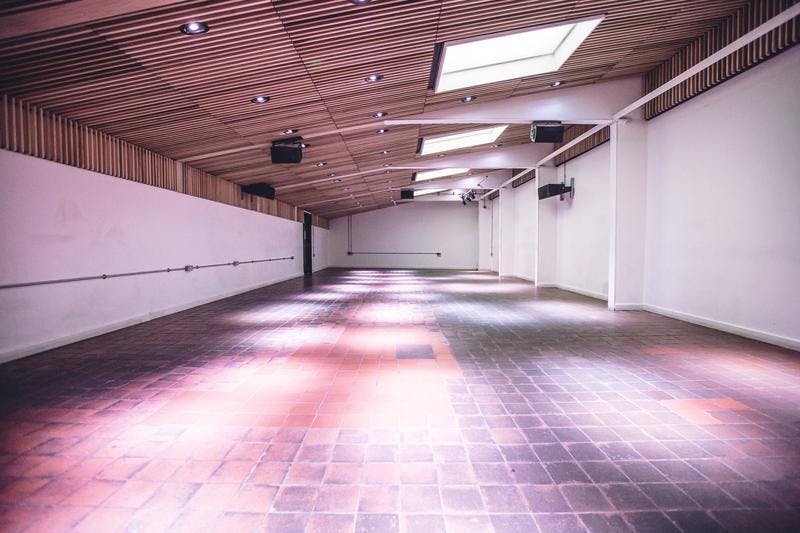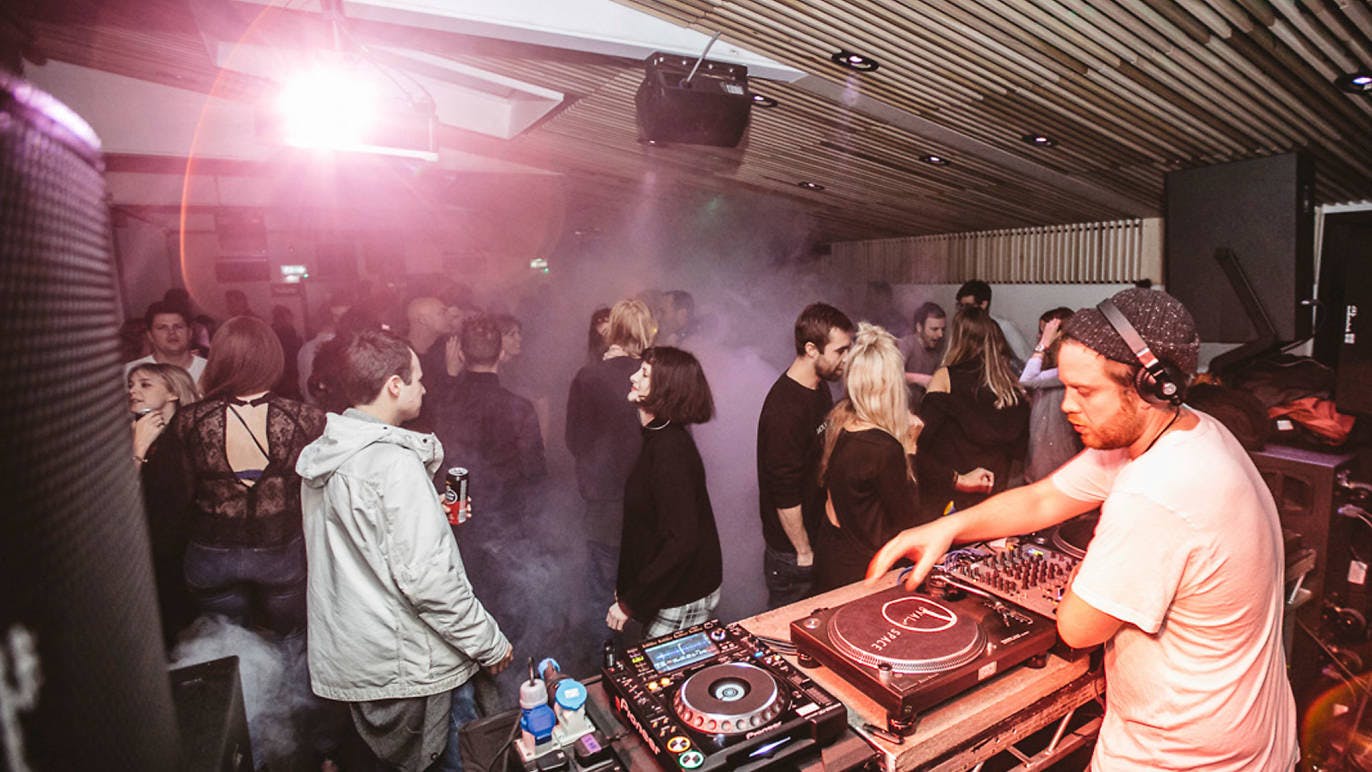Pickle’s mostly known for its underground electronic and techno programming, which is thanks to Toby. “I’m still trying to stick to my guns and create a very diverse programme that’s a bit of everything, and a bit of something for everyone. But subconsciously, or consciously, I’d say the in-house programme is starting to mirror my own tastes more in 2022.”
The team has also hosted some important charity events in the space recently. “We did a couple of fundraisers for Ukraine a few months ago. They really captured Pickle Factory at its best, they had a real intimate community sort of vibe,” says Toby.
In terms of booking acts, “Truly Madly, Gene on Earth, and Sugar Free are all really close mates of mine,” says Toby. “So it’s easy to book them because they’re friends, and I know they’re going to sell the venue out. And luckily, the little scene that I’m part of is enjoying a moment in the sun.” This moment in the sun is reflected in the booking decisions of bigger venues, too, with Toby and co more in demand than ever. “I know this because other clubs that never used to be interested in that sound are suddenly trying to throw their hat in the ring and book in because they can smell what sells.”
What about the sound of 2022? “It’s hard to define because really it’s just house and techno, but it’s like deep cuts, specialists, niche, mostly older records from the ’90s. And what separates this sound is that DJs will take extra care and attention to find that music,” says Toby.
“Personally, I prefer DJs who are utterly dedicated to their craft, and will haul a huge bag of records around the world and get sore backs because of it. But they don’t give a fuck because that’s the how that’s how they want to present their music. And that is everything to them. And it’s beyond the job – it’s their passion and it’s their life.”
And looking at Pickle’s 2022 roster, there’s a lot of exciting names. Ivan Ave, Body Meat, Sunda Arc and residents Hamish and Toby are just some of the artists playing. More will be announced throughout the year, but we’re sure that whatever they’ve got planned, it’s going to be pure Pickle.
Interested in working with DICE and The Pickle Factory? Get in touch with our team. We’d love to hear from you.

